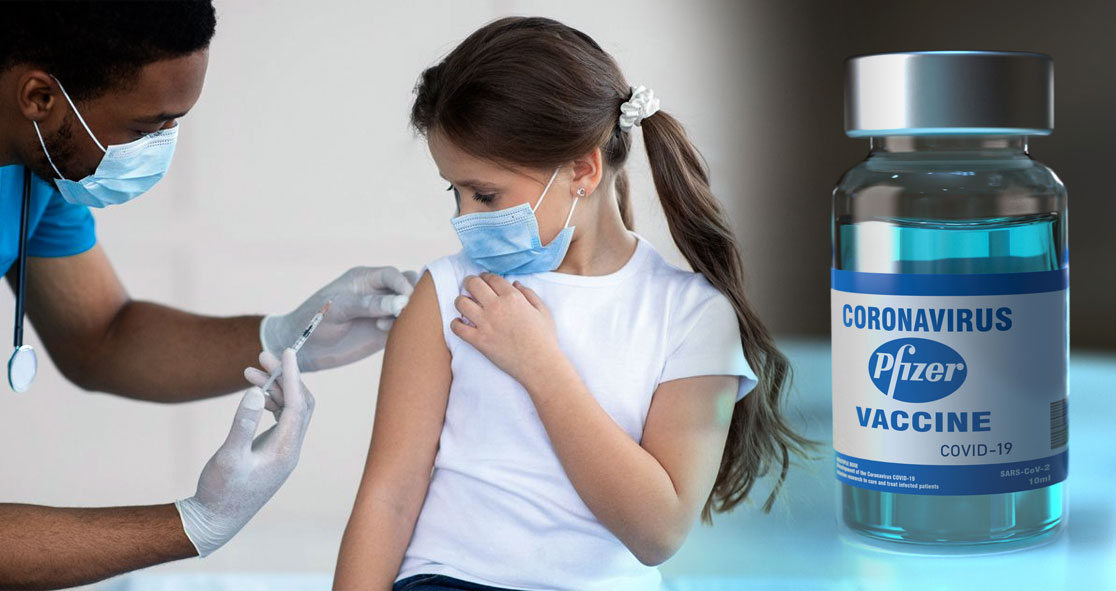On Friday, Pfizer-BioNTech announced that they are all set to expand ongoing clinical trials of their COVID-19 vaccine boosters in infants and young children, according to NPR.
Testing the booster dose will cause a delay in submitting data to the Food and Drug Administration (FDA) to approve its use in the U.S.
Earlier, Pfizer’s CEO Alberta Bourla said the company will have data for this age group by the end of this year. But now, the company said that it would expect to file results in the “first half of 2022” if trials are successful.
Pfizer and BioNTech said two doses of their COVID vaccine did not produce a robust immune response in children aged between 2 and 5. They said they had made the decision “following a routine review by the external independent Data Monitoring Committee.”
The companies said in a statement, “The study will now include evaluating a third dose of 3 [micrograms] at least two months after the second dose of the two-dose series to provide high levels of protection in this young age group.”
“No safety concerns were identified and the 3 [microgram] dose demonstrated a favorable safety profile in children 6 months to under 5 years of age,” they added.
The FDA has, so far, only approved the Pfizer-BioNTech COVID vaccine for emergency use in kids aged 5 and above.
Recent research has shown that the Pfizer-BioNTech vaccine is less effective against the new Omicron variant; however, a booster dose has shown significant protection. Earlier this week, Moderna announced similar efficacy for its vaccine.
Mikael Dolsten, Chief Scientific Officer at Pfizer, said, “The data are illustrating the impact of a booster and that our vaccine works best as a primary regimen of three doses,” according to Reuters.
Pfizer also said it has been working on a vaccine tailored to combat Omicron, which has been spreading rapidly across the globe. The company said it hopes to start clinical trials on the Omicron-specific vaccine in January. The pharma giant also said it will supply 30 million of a planned 80 million doses of Paxlovid, the first antiviral COVID pill, in the first half of 2022.























